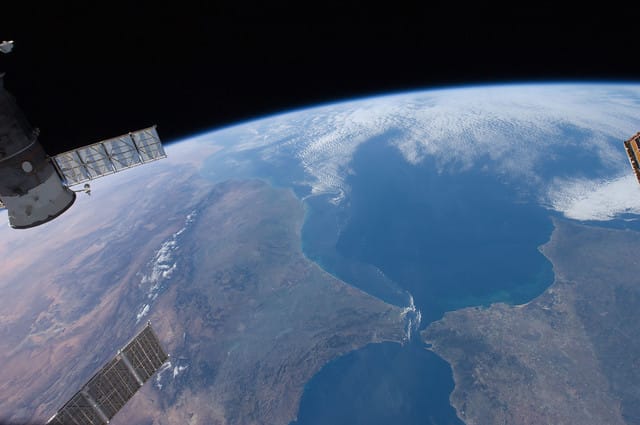If Commander Shepard ran the Apollo program, would Americans have supported it? Probably not.

For videogames, space is essentially a given. The shipping lanes of Eve Online, the intergalactic machinations of Commander Shepard in Mass Effect — these are all rooted in the assumption that in the future, mankind’s destiny will be in the stars. In fact, we rarely reflect on what it would take to get us there, especially with the shuttering of the Space Shuttle program last year. In fact, a bit of historical analysis, as Matt Novak in Slate writes, shows that getting us into the outer space was hardly a given even when during the “heady” days of the Apollo program:
Erik Conway, historian at the Jet Propulsion Laboratory in Pasadena, Calif., explains: “The Apollo program only had a majority public support—over 51 percent—for the few months around the 1969 moon landing. That’s it. Otherwise, it was less than 50 percent.” In a 1969 opinion poll taken after the lunar landing, just 53 percent of American adults believed that the moon excursion was worth the expense. In fact, during the nine years of the Apollo program, American support pretty much fluctuated between 35 percent and 45 percent. In a 2005 paper, Roger Launius, chief historian at NASA, wrote, “While there may be many myths about Apollo and spaceflight, the principal one is the story of a resolute nation moving outward into the unknown beyond Earth.” Nostalgia for the Space Age is rooted more in The Jetsons than in reality.
Novak goes on to argue that revisionist undestandings of the controversy around manned spaceflight hobbles our understanding of what we should be doing for the future. “How might we live up to the greatness of an era when everyone got along and the nation stood united in a single goal? ,” he writes. There’s a bit of success fatigue in those words, that the past could never be greater than the future.
But what then for space games? They build on this legacy — that space is world of excitement and wonder and capture that imaginative element for the digital set. Perhaps we need more games casting doubt on whether we should be there at all?



